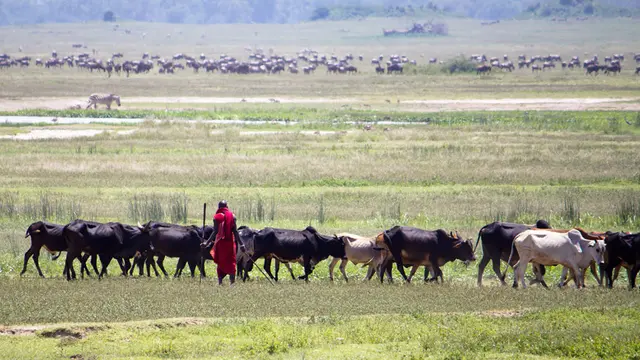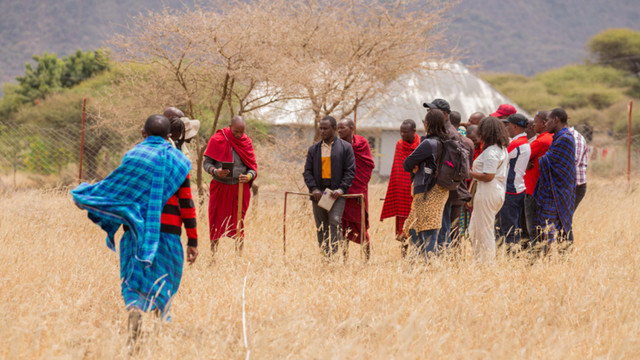3rd International Conference on Community-Based Adaptation (CBA3)
Donor agencies, international NGOs and research institutes from more than 50 countries agreed to set up a new initiative to help the world's poorest adapt to climate change at the 3rd International Conference on Community-Based Adaptation (CBA3).

Bangladeshi economist Muhammad Yunus speaking at the 3rd Community Based Adaptation conference in Dhaka. Yunus won the 2006 Nobel Peace Prize for pioneering the concept of microcredits (Photo: IISD Reporting Services)
The Global Initiative on Community-Based Adaptation to Climate Change (GICBA) promoted community-based adaptation (CBA) to climate change and offered an online platform to share knowledge about the best approaches to adaptation.
GICBA was launched at the 3rd International Conference on Community Based Adaptation (CBA3), which was held in Dhaka, Bangladesh from 18-24 February 2009.
Climate change is already a critical issue for Bangladesh, and the country is leading the way in local adaptation projects.
Before the formal conference programme, delegates undertook three days of field trips to observe CBA in action. Sites visited included drought-prone areas in the Chapai Nawabgonj District of Northwest Bangladesh; areas suffering river erosion areas in the Gaibandha District; flooded and water-logged areas in the Gopalgonj District of south central Bangladesh; regions prone to increased salinity in the Satkhira District; the coastal districts of Noakhali and Laksmipur in the Southeast; and the Southwest Bagherhat District, which is prone to increased salinity and cyclones.
Conference highlights
At the formal conference that followed the field visits, delegates heard 60 presentations about CBA activities around the world. Social entrepreneur and Nobel Peace Prize winner Mohammad Yunus addressed a plenary session, calling for a new more inclusive financial system and the mainstreaming of socially responsible business models.
The closing session featured speeches by two Bangladeshi government ministers: minister of finance Abul Maal Abdul Muhith told the conference that Bangladesh's newly-elected government had placed environmental issues high on the agenda in its manifesto.
Planning minister A.K. Khandaker said Bangladesh was on the front lines in the battle against climate change and stressed the need for more work to study the linkages between climate change, growth and poverty.
Conference materials:
IIED published abstracts of the 60 conference presentations.
- Find out more about the series of conferences in the community-based adaptation archive.
Partners
Bangladesh Centre for Advanced Studies (BCAS)
Ring Alliance of Policy Research Organisations
Sponsors
British High Commission in Bangladesh


